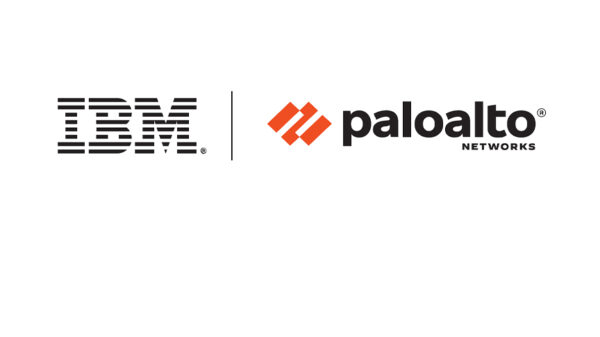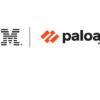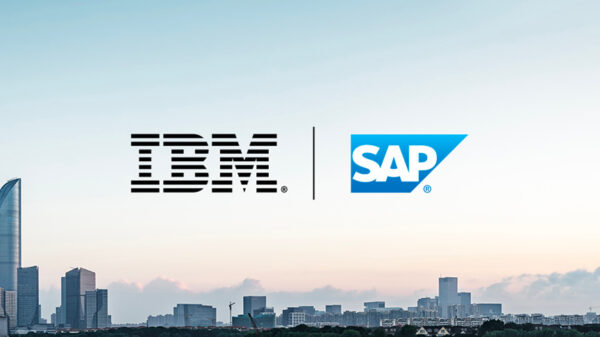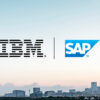IBM announced that it has transformed its software portfolio to be cloud-native and optimized it to run on Red Hat OpenShift. Enterprises can now build mission-critical applications once and run them on all leading public clouds, including AWS, Microsoft Azure, Google Cloud Platform, Alibaba and IBM Cloud and on private clouds.
The new cloud-native capabilities will be delivered as pre-integrated solutions called IBM Cloud Paks. The IBM-certified and containerized software will provide a common operating model and common set of services – including identity management, security, monitoring and logging – and are designed to improve visibility and control across clouds together with a unified and intuitive dashboard.
IBM also announced:
- Red Hat OpenShift on IBM Cloud: A flexible, fully-managed service of OpenShift on IBM’s public cloud – deployable in one-click with automated resiliency, data compliance, and security – to help enterprises modernize and migrate to a hybrid cloud infrastructure.
- Red Hat OpenShift on IBM Z and LinuxONE: IBM will bring Red Hat OpenShift to their enterprise systems, IBM Z and LinuxONE, which collectively power more than 30 billion transactions a day globally. IBM already supports OpenShift on its Power Systems and Storage.
- Consulting and technology services for Red Hat: New IBM services delivered by one of the world’s largest teams of Red Hat certified-consultants and more than 80,000 cloud application services practitioners to help clients advise, move, build, and manage their workloads to cloud environments.
The software and services announced, which include more than 100 products from across IBM’s expansive software portfolio optimized to run on Red Hat OpenShift, will be delivered on IBM’s hybrid multicloud platform. It is built on open source technologies, including Red Hat OpenShift, the industry’s most comprehensive enterprise Kubernetes platform, and Red Hat Enterprise Linux, the world’s leading enterprise Linux platform. As a result, clients can select the best architecture and approach to address the most critical application, data and workload requirements for their business.
“IBM is unleashing its software from the data center to fuel the enterprise workload race to the cloud. This will further position IBM the industry leader in the more than $1 trillion dollar hybrid cloud opportunity,” said Arvind Krishna, senior vice president, Cloud and Cognitive Software, IBM. “We are providing the essential tools enterprises need to make their multi-year journey to cloud on common, open standards that can reach across clouds, across applications and across vendors with Red Hat.”
“Red Hat is unlocking innovation with Linux-based technologies, including containers and Kubernetes, which have become the fundamental building blocks of hybrid cloud environments,” said Jim Whitehurst, president and CEO, Red Hat. “This open hybrid cloud foundation is what enables the vision of any app, anywhere, anytime. Combined with IBM’s strong industry expertise and supported by a vast ecosystem of passionate developers and partners, customers can create modern apps with the technologies of their choice and the flexibility to deploy in the best environment for the app – whether that is on-premises or across multiple public clouds.”
The Cloud Paks provide full software support and help protect the entire stack—from hardware to applications – to help clients rapidly migrate, integrate and modernize mission-critical applications on any cloud. They are easily deployed, delivered as packages tailored for specific client use cases, and adding a consumption-based pricing model.
The first five IBM Cloud Paks available include:
- Cloud Pak for Data to simplify and automate how organizations deliver insights from their data and provide an open and extensible architecture to virtualize data for AI up to 430 percent faster.
- Cloud Pak for Applications to help businesses modernize, build, deploy and run applications. It helped IBM customers in the fintech sector reduce development time by 84 percent.
- Cloud Pak for Integration to help integrate apps, data, cloud services and APIs. It is designed to eliminate 33 percent of integration costs.
- Cloud Pak for Automation to help transform business processes, decisions and content. A banking client was able to reduce manual processes by 80 percent.
- Cloud Pak for Multicloud Management to provide multicloud visibility, governance and automation. It was able to help clients reduce operational expenses of supporting large-scale cloud-native environments by 75 percent.



















































































































